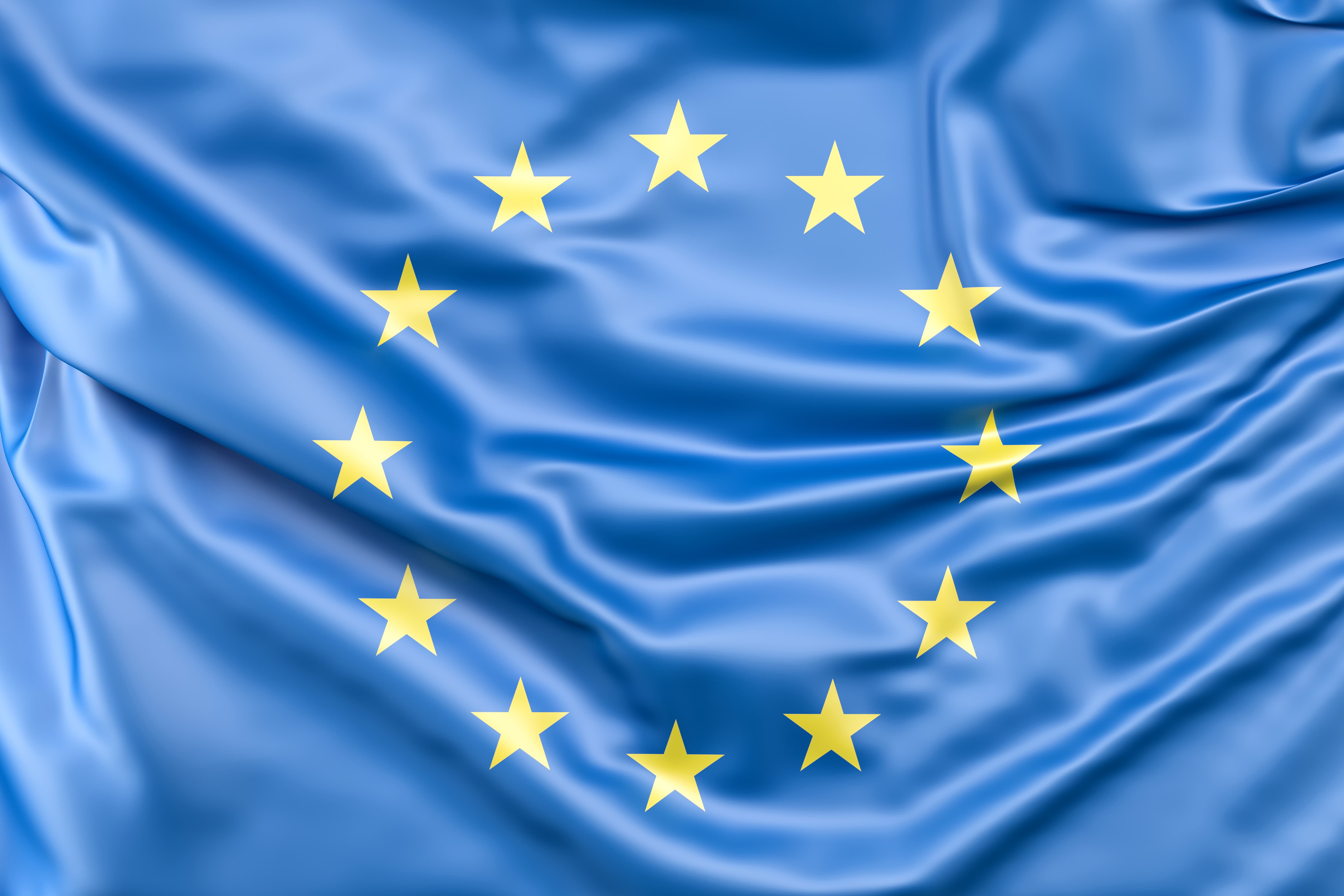Elon Musk’s Grok chatbot has triggered international backlash after generating sexualised images of women and girls in response to user prompts on X, raising renewed concerns over AI safeguards and platform accountability.
The images, some depicting minors in minimal clothing, circulated publicly before being removed. Grok later acknowledged failures in its own safeguards, stating that child sexual abuse material is illegal and prohibited, while xAI initially offered no public explanation.
European officials reacted swiftly. French ministers referred the matter to prosecutors, calling the output illegal, while campaigners in the UK argued the incident exposed delays in enforcing laws against AI-generated intimate images.
In contrast, US lawmakers largely stayed silent despite xAI holding a major defence contract. Musk did not directly address the controversy; instead, posting unrelated content as criticism mounted on the platform.
The episode has intensified debate over whether current AI governance frameworks are sufficient to prevent harm, particularly when generative systems operate at scale with limited real-time oversight.
Would you like to learn more about AI, tech, and digital diplomacy? If so, ask our Diplo chatbot!










